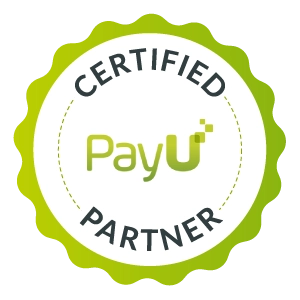1. Start With A Solid Foundation
- Website Optimization: Ensure that your website is optimized for speed, mobile use, and user experience. Technical SEO should be your starting point.
- Content Quality: Create high-quality, valuable content that addresses the needs and questions of your target audience. Make sure it’s better than what your competitors are offering.
2. Implement a Long-Tail Keyword Strategy
- Long-Tail Expansion: While you target those competitive short-tail keywords, also focus on long-tail variations that are easier to rank for and have a clearer intent. These can bring in traffic and conversions more quickly.
- Blog Posts and Articles: Use long-tail keywords in blog posts or articles that provide deep dives into specific topics related to your main keywords.
3. Leverage Content Marketing
- Educational Content: Develop guides, infographics, and videos that educate your audience about digital marketing services and best practices.
- Guest Blogging: Write for reputable websites in your industry. This will help you build backlinks, increase your domain authority, and draw traffic back to your site.
4. Focus on Building Authority
- Expertise Sharing: Participate in webinars, podcasts, and public speaking engagements to establish yourself as an expert in digital marketing.
- Social Proof: Showcase testimonials, case studies, and success stories from your clients on your website.
5. Invest in PPC and Social Media Advertising
- Paid Campaigns: While SEO takes time to yield results, PPC can generate immediate traffic. Use Google Ads and social media ads to target specific keywords and draw traffic and leads.
- Retargeting: Implement retargeting campaigns to capture those who have visited your site but haven’t converted.
6. SEO and Content Synergy
- Regular Updates: SEO is not a one-time task. Continuously update your content to keep it relevant and fresh.
- Interlinking: Use internal links to guide visitors to related content on your site, enhancing user experience and SEO.
7. Track, Analyze, and Optimize
- Analytics: Use tools like Google Analytics and SEMrush to track the performance of your keywords, content, and marketing campaigns.
- Optimization: Regularly review your strategy and adjust based on performance data and changing market trends.
8. Engage and Convert
- CTAs and Lead Magnets: Use compelling calls-to-action and offer valuable lead magnets (e.g., free eBooks, webinars, trials) to convert visitors into leads.
- Email Marketing: Develop a robust email marketing strategy to nurture leads and convert them into customers.
9. Community Building
- Forums and Social Groups: Build and engage with communities on platforms like LinkedIn, Facebook, and industry-specific forums.
10. Stay Updated
- Continuous Learning: Digital marketing is constantly evolving. Stay updated with the latest trends, algorithm updates, and best practices.













